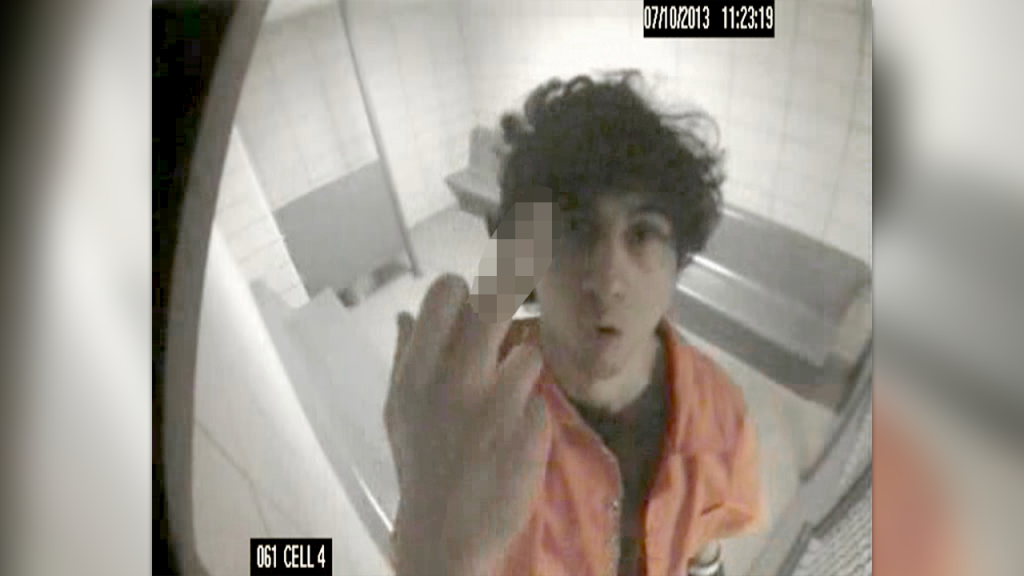President-elect Donald Trump has promised to lift the moratorium on federal executions imposed by the Biden-Harris administration once he returns to office. This decision puts 40 federal death row inmates at risk of being executed. The U.S. government has executed 50 inmates since 1927, a much smaller number compared to the states which have executed over 1,500 condemned individuals in the last 50 years. During Trump’s first term, 13 federal prisoners were executed, the highest number under any president in a century. President Biden declared a moratorium on federal executions upon taking office in 2021.
Some of the high-profile offenders on death row in U.S. Bureau of Prisons custody include Dzhokhar Tsarnaev, the surviving Boston Marathon bomber who, along with his brother Tamerlan, killed three people and injured hundreds more in 2013. Dylann Roof, a White supremacist who killed nine Black parishioners at a church in South Carolina in 2015, is also on death row. Brandon Council, a Philadelphia drug kingpin, has been sentenced to death for killing two women during a bank robbery. Chadrick Fulks and Brandon Basham kidnapped, raped, and killed two women during a crime spree in 2005 and are awaiting execution. Additionally, Kaboni Savage, Daryl Lawrence, and Robert Bowers are also on death row for their crimes.
The death penalty is typically reserved for the most heinous crimes, such as murder, espionage, and serious drug trafficking. Courts use a system to weigh aggravating factors against mitigating ones when determining whether to impose the death penalty. People convicted of drug offenses can potentially face a death sentence under federal law, particularly if their actions resulted in someone’s death or involved exploiting minors or selling drugs near schools. Trump has indicated his support for expanding the death penalty to additional crimes, such as child rape, human trafficking, and drug trafficking.
Dzhokhar Tsarnaev, the Boston Marathon bomber, had his death sentence thrown out by the U.S. 1st Circuit Court of Appeals in 2020 but later reinstated by the Supreme Court. Dylann Roof, who killed nine Black parishioners in a church in South Carolina, had his Supreme Court appeal denied in 2022. Brandon Council, a drug kingpin who killed two women during a bank robbery, was sentenced to death in 2019. Chadrick Fulks and Brandon Basham are on death row for kidnapping, raping, and killing two women during a crime spree in 2005. Kaboni Savage, Daryl Lawrence, and Robert Bowers are also on death row for their respective crimes.
The death penalty decisions for these individuals indicate the seriousness with which the justice system treats crimes of this magnitude. The system is designed to ensure that the death penalty is not arbitrarily imposed and that due process is followed. The announcement of Trump’s intention to lift the moratorium on federal executions and potentially expand the use of the death penalty has raised concerns among advocates for criminal justice reform. It remains to be seen how this issue will unfold as Trump returns to office and seeks to fulfill his campaign promises regarding the death penalty.


